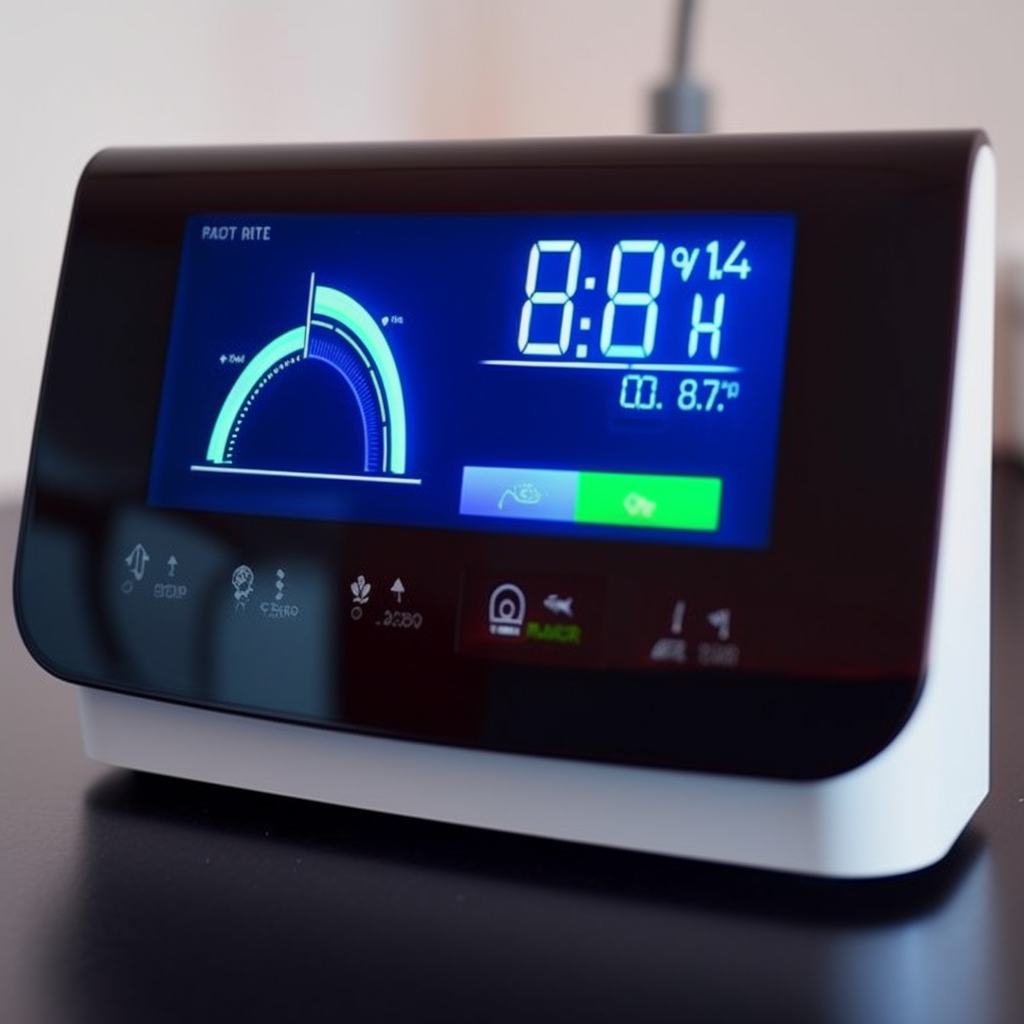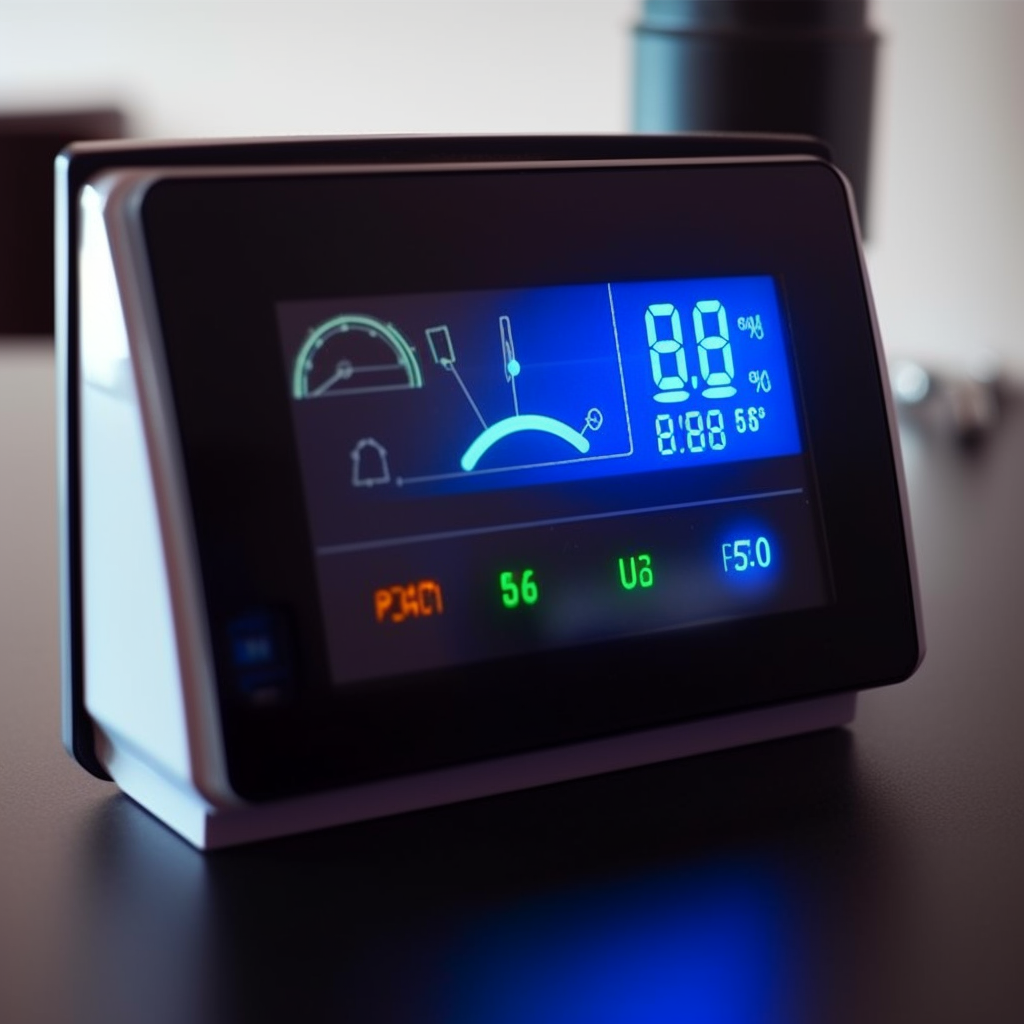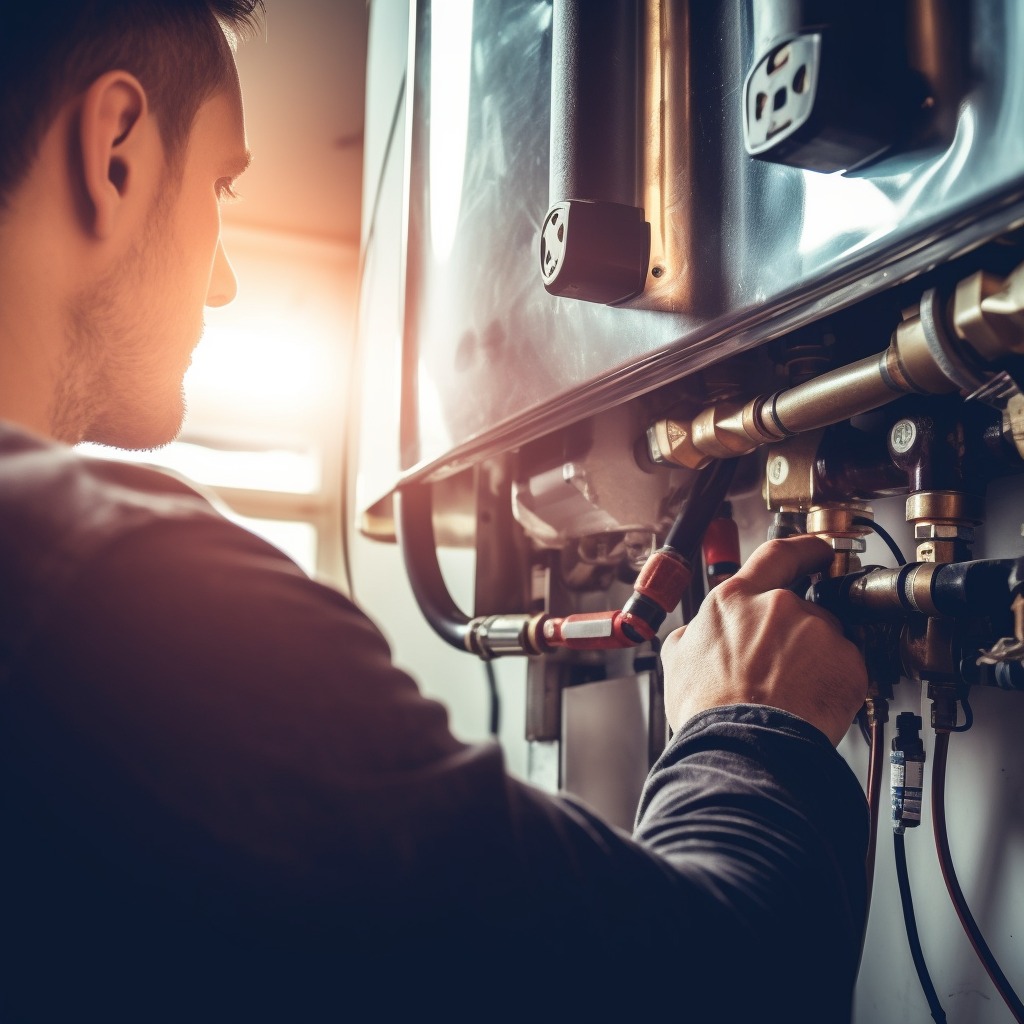Smart Meters:
Are They Really Smart for You? Pros and Cons
Smart meters are digital devices that monitor energy consumption in your home and send the information directly to your energy supplier. They are becoming increasingly popular in the UK. Over 20 million households already having one installed. But are they worth it?
With this in mind, we’ve provided the pros, cons and considerations of smart meters:

Important Note:
Get your gas boiler serviced before considering a smart meter!
Having your boiler serviced regularly can prevent meter fitters from shutting off gas appliances due to inadequate maintenance or faulty installation. This can avoid situations where unqualified personnel make decisions about the condition of your appliances, potentially causing unnecessary disruptions.
Pros of Using a Smart Meter
1. Accurate bills
A smart meter ensures that you are always billed accurately for the energy you use, eliminating the need for estimated bills. Unlike standard meters where suppliers have to estimate usage when a reading is not submitted. Smart meters provide real-time information, eliminating inaccurate bills and unexpected costs. Knowing exactly how much energy is being used and at what times, households can make informed decisions about when to use energy and which supplier and tariff to choose, resulting in potential cost savings. By reducing the need for estimated bills, smart meters help to reduce the environmental impact of energy consumption by reducing the overall demand for energy.
2. Easy to monitor home energy usage and spending using in-home display
The In-Home Display is not only a great tool for budgeting, but it can also help you be more environmentally friendly. Showing you exactly how much energy you’re using and the associated cost, it encourages you to be more mindful of energy consumption. Some homes have already seen energy savings of 5-20% after using the In-Home Display. This may not seem like a lot, but when you consider the impact each household has on the environment, it can make a big difference.
Being more environmentally friendly is not just about reducing your carbon footprint, it’s about being a responsible global citizen. By using the In-Home Display, you can take an active role in reducing energy consumption. Doing your part to protect the planet for future generations, making a positive impact on the world around you.
3. No need to submit readings
Smart meters automatically send out readings to your supplier meaning you don’t have to worry about remembering to submit them. This means no more emptying cupboards or moving heavy objects to read your meter.
4. Can highlight potential problems
In addition to helping you save money and reduce your carbon footprint, a smart meter can also help you identify potential safety issues. The In-Home Display provides real-time information on your energy usage, allowing you to notice sudden spikes or unusual patterns. These can be associated with faulty appliances or other issues, leading to safety hazards like electrical fires or broken boilers. By identifying these issues promptly, you can take action to resolve them before they become serious. This is an important aspect of home safety that is often overlooked. Prevention is always better than cure.
5. Exclusive tariffs on offer
With the increasing popularity of smart meters, many energy suppliers now offer exclusive tariffs to customers who have them. These tariffs are often among the cheapest on offer, giving you a wider selection of options to choose from.
6. Prepay friendly
Upgrading to a smart prepay meter to take control of your energy usage. With a smart meter, you can keep track of your remaining credit balance and top up on the go from your smartphone or computer. This provides peace of mind and the ability to switch to a credit tariff if you are eligible.
7. Help with saving the planet!
They enhance your understanding of energy usage, prompting you to alter your habits and make informed choices about energy-efficient appliances. This reduces pressure on the electricity grid, resulting in lower energy consumption and fewer emissions. According to Smart Energy GB, smart meters could lead to a 24% decrease in emissions from homes and businesses by 2030.
Cons of Using a Smart Meter
1. Loss of smarts!
If you have an older SMETS1 smart meter and switch to a new supplier, you may experience a temporary loss of smart functionality. This means that although your meter will still record your usage, it will no longer be able to automatically send readings to your new supplier. However, Smart technology is rapidly evolving, most meters now being installed are second-generation (SMETS2) meters. These meters do not suffer from the same issues and can communicate with any supplier, meaning that you can switch providers without losing smart functionality.

2. They won’t reduce your bills alone
Although having a smart meter can help reduce energy bills, it’s important to note that it alone cannot reduce energy usage. The idea behind having a smart meter is that by being more aware of your consumption and associated costs, you will be more likely to take action to reduce your usage. The effectiveness of this will depend on your individual energy consumption habits and how much attention you pay to the smart meter readings.
3. Smart Meter Can not connect
The first-generation smart meters communicate using mobile networks, similar to how mobile signals can be patchy in some areas. According to Ofcom, 8% of UK households do not receive data from mobile networks. This means they would not be eligible for a smart meter with the current mobile network. If you have a weak mobile signal, it can prevent the meter from sending readings to the supplier. However, the DCC has set up a new dedicated wireless smart meter network that offers coverage to at least 99.25% of properties in Great Britain, ensuring that almost all households can benefit from the advantages of smart meters.
4. In-Home Display may be inaccurate
It’s important to note that there have been some reported issues with the In-Home Display’s accuracy. In the case of switching suppliers with a SMETS 1 meter, the display may continue to show energy use and allow you to retrieve readings without having to access the meter. However, there have been instances where the display’s communication with the smart meter has been inconsistent or has stopped working. It’s important to keep this in mind when considering the benefits of a smart meter and to monitor home energy usage to ensure you are not being overcharged.
Smart Meter Further Considerations
Getting a smart meter installed is a great way to take control of your energy usage and bills. It’s important to remember that a smart meter is just one part of the puzzle when it comes to energy efficiency.
One thing to consider is the state of your heating system. If your heating system is not running efficiently, it can lead to higher energy bills and wasted energy. A smart meter can help you monitor home energy usage, but it won’t fix a faulty or inefficient heating system.
To ensure that your heating system is running efficiently, it’s important to have it serviced regularly. And so a heating system service can identify any issues and make adjustments to ensure that your system is running at its best. This will not only save you money on energy bills, but it will also reduce your carbon footprint.
So, if you’re considering getting a smart meter installed, make sure to consider the state of your heating system. Investing in a service for your heating system can go a long way towards ensuring that your home is as energy-efficient as possible.
External links:
- Smart Energy GB: Smart Energy GB is the not-for-profit campaign helping everyone in Britain understand the importance of smart meters and their benefits to people and the environment –
- Energy Saving Trust: is an independent organisation – working to address the climate emergency –
- Citizens Advice – monitor home energy usage getting a smart meter installed
REMINDER:
Get your gas boiler serviced before considering a smart meter!
Having your boiler serviced regularly can prevent meter fitters from shutting off gas appliances due to inadequate maintenance or faulty installation. This can avoid situations where unqualified personnel make decisions about the condition of your appliances, potentially causing unnecessary disruptions.


